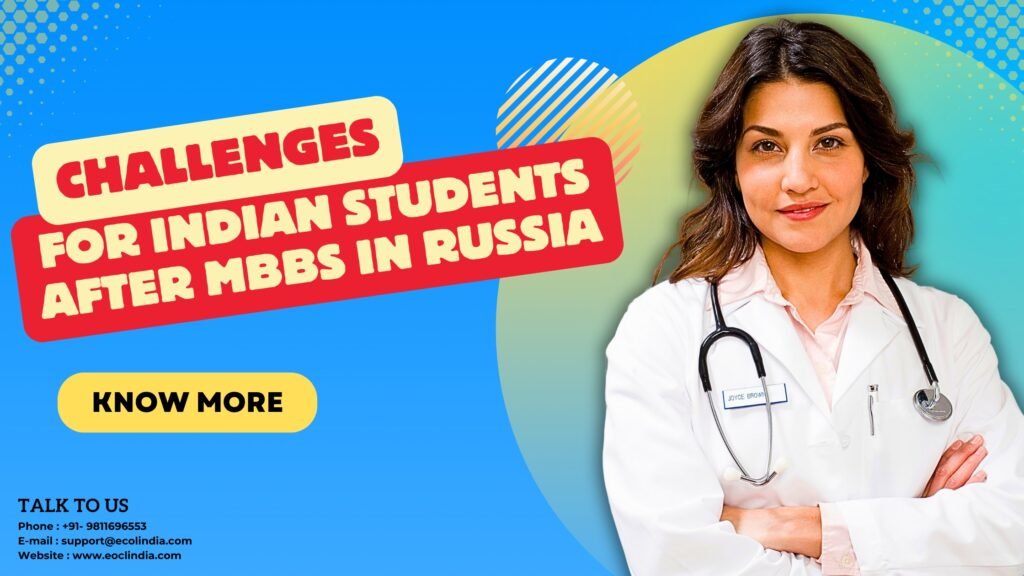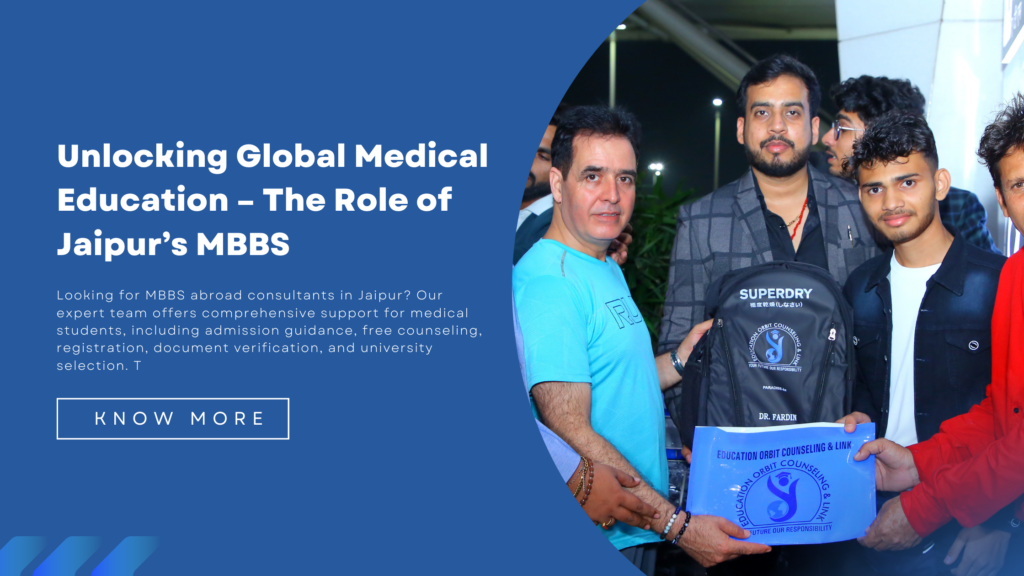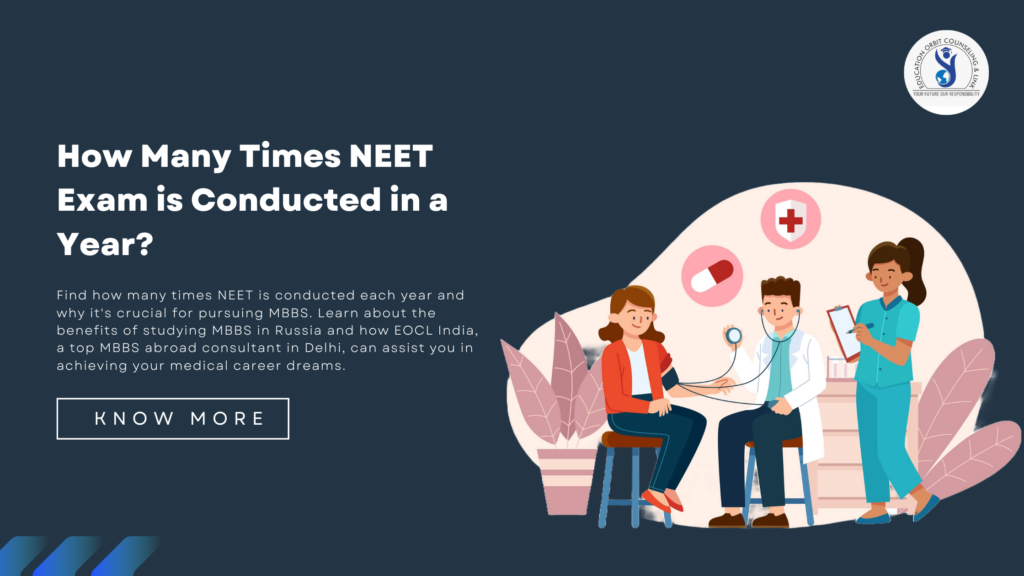Completing an MBBS in Russia has become a popular choice for many Indian students due to the lower costs, globally recognized degrees, and the opportunity to experience a new culture. However, after earning their degree, students face several challenges when they return to India. These obstacles range from passing the MCI screening exam to dealing with language barriers, practical differences in medical training, and limited job opportunities. In this article, we’ll take a closer look at the difficulties Indian students encounter after completing their MBBS in Russia and explore ways to navigate these challenges.
1. Clearing the MCI Screening Test (FMGE)
One of the biggest challenges for Indian students who complete their MBBS in Russia is passing the Foreign Medical Graduate Examination (FMGE), also known as the MCI screening test. This exam is mandatory for those who want to practice medicine in India, but its pass rate is notoriously low.
- The FMGE exam is based on the Indian medical curriculum, which differs from the Russian curriculum, making it difficult for students to pass without extra preparation.
- Many students opt for coaching classes after returning to India to improve their chances of success.
For more details on how to improve your chances of passing the FMGE, you can check out our FMGE Preparation Guide.
2. Language Barriers and Clinical Practice
Even though many Russian universities offer MBBS programs in English, Indian students often face language barriers during their clinical rotations. Communicating with patients and healthcare professionals requires proficiency in Russian, which many students struggle to master.
- A lack of fluency in Russian can limit practical exposure during medical training and internships.
- The inability to communicate effectively with patients during clinical rotations can hinder hands-on learning experiences.
Learning basic Russian is essential for Indian students, and our guide on Practical Training for MBBS in Russia provides valuable tips on overcoming language barriers during clinical practice.
3. Differences in Medical Curriculum and Training
While studying MBBS in Russia, students often find that the medical curriculum focuses more on the local healthcare system rather than on conditions commonly found in India. This difference can leave Indian students underprepared for the types of cases they will encounter when practising in India.
- Russian universities emphasize different medical conditions, while tropical diseases like malaria, dengue, and tuberculosis are more common in India.
- The training in Russia may not adequately prepare students for medical practice back home, where local diseases are prevalent.
Students can benefit from gaining extra clinical experience in India. For more information on whether pursuing an MBBS in Russia is worth it, read Is an MBBS Degree from Russia Worth It?
4. Limited Internship Opportunities in India
Another major hurdle for Indian students returning after their MBBS in Russia is securing internships in Indian hospitals. Since internships are mandatory for obtaining a medical license, the limited availability of internship positions can be a significant issue.
- Students who study abroad often find it difficult to secure internships at reputed hospitals, and they may have to settle for positions in smaller towns or rural areas.
- Completing an internship is a critical step in gaining practical experience and securing future employment in India.
To learn more about internships and how to maximize your chances of success, refer to our guide on MBBS Internship Salary in Russia.
5. Financial and Emotional Challenges
Studying abroad can be costly, and students often continue to face financial burdens after returning home. The pressure to pass exams and secure employment adds emotional stress, leading to anxiety or depression.
- The costs of preparation for FMGE and potential unpaid internships can create additional financial strain.
- Emotional challenges like homesickness and uncertainty about career prospects are common among returning students.
Seeking support from peers or counseling services can help ease the emotional burden. For guidance on managing the financial and emotional aspects of studying abroad, read MBBS Abroad vs Gap Year: What’s the Better Option?.
6. Limited Job Opportunities Post-FMGE
Even after successfully completing the FMGE, finding a job in India can be challenging due to intense competition. Indian students who earned their MBBS in Russia often struggle to compete with those who studied domestically.
- Many private hospitals prefer to hire graduates who have completed their degrees in India.
- Some students choose to pursue higher education or specialize in a particular field to increase their chances of finding a job.
Students looking for career guidance and advice can refer to After MBBS: What is Next? for more information.
Conclusion
While completing an MBBS in Russia offers several advantages, Indian students must be prepared to face certain challenges upon returning home. From passing the FMGE to dealing with language barriers and competing for internships and jobs, careful planning and preparation are essential for a smooth transition. By starting early, seeking additional training, and preparing for the FMGE while still studying in Russia, students can overcome these obstacles and pursue a successful career in medicine.
For more information on studying MBBS in Russia, explore our comprehensive guide on Studying MBBS in Russia.



